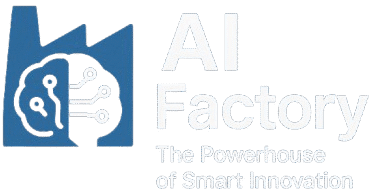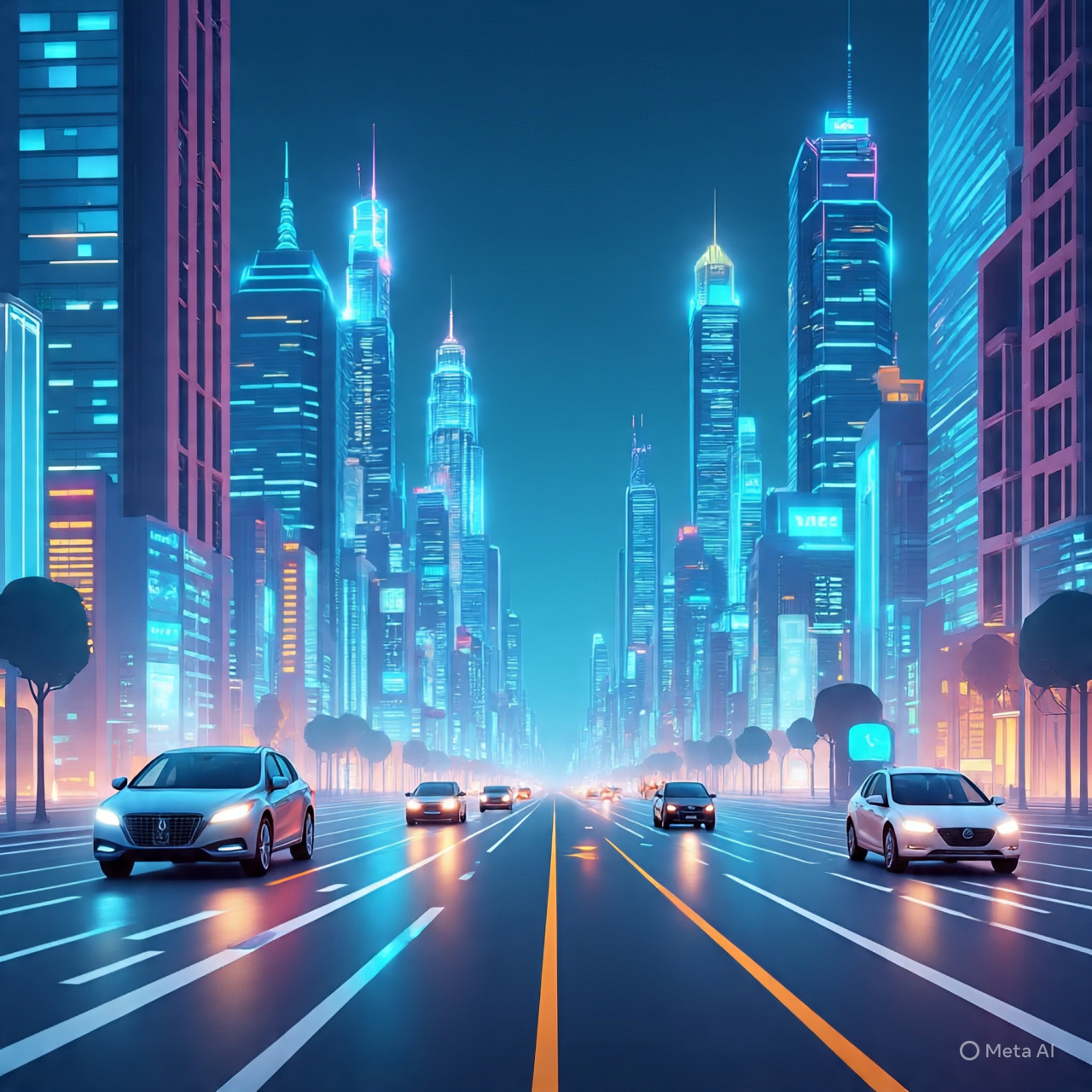AI in 2025: The Rise of Autonomous Systems and Intelligent Agents
Introduction
We’ve entered a new chapter in technological evolution—AI in 2025 is not just about chatbots or automation. It’s about the dynamic emergence of autonomous systems and intelligent agents. These smart systems are now capable of learning, adapting, and making decisions without direct human oversight. From driverless vehicles to personalized health advisors, they are reshaping industries and daily lives alike. This article dives deep into how these AI-driven technologies are rising to prominence, their pros and cons, use cases, and what that means for individuals and businesses moving forward.
Background: How We Got Here
The journey of AI has been decades in the making, but the last few years saw an unprecedented acceleration. The foundation was laid by machine learning, deep learning, and reinforcement learning algorithms. Platforms like OpenAI, Google DeepMind, and NVIDIA have been instrumental in transforming AI from data analysis tools into autonomous systems that think, learn, and act in the real world.
What was once the realm of science fiction—robotic assistants, autonomous cars, and smart decision-making systems—is now commercial reality. The convergence of high-performance computing, big data, cloud infrastructure, and edge AI has made it possible.
What Are Autonomous Systems and Intelligent Agents?
Autonomous Systems
Autonomous systems refer to machines or software that can operate independently to achieve goals in dynamic and complex environments. These systems use a combination of sensors, AI algorithms, and real-time data to make decisions on the fly. Examples include self-driving cars, autonomous drones, and industrial robotics.
Intelligent Agents
An intelligent agent is any entity that perceives its environment and takes actions to maximize its chances of success. Think of your AI-powered virtual assistant or customer service bots that learn and improve over time. These agents can now make context-aware decisions, evolve with user behavior, and function with increasing levels of autonomy.
Detailed Comparison: Autonomous Systems vs. Traditional Automation
| Aspect | Autonomous Systems | Traditional Automation |
|---|---|---|
| Decision-Making | Real-time, adaptive, AI-driven | Pre-programmed, rule-based |
| Learning Ability | Self-learning via ML/AI | No learning ability |
| Environment | Dynamic, unpredictable | Static, predictable |
| Human Involvement | Minimal to none | High involvement needed |
| Examples | Autonomous vehicles, AI agents | Assembly line robots, macros |
Key Features and Benefits of AI in 2025
1. Self-Learning and Adaptability
AI systems can now learn from user behavior, environmental inputs, and outcomes to adjust their performance continuously—no human coding required after deployment.
2. Contextual Awareness
Intelligent agents can understand the context of interactions, enabling them to deliver personalized and relevant outputs. This is a major leap from one-size-fits-all automation.
3. Real-Time Decision Making
Whether it’s navigating a car through traffic or allocating cloud resources, AI in 2025 excels in making split-second decisions.
4. Multi-Agent Collaboration
Systems now work together—drones communicate with logistics AIs, chatbots sync with CRMs, etc., creating a smart ecosystem.
Pros and Cons
Pros
- Increased efficiency and productivity
- Reduction in operational costs
- 24/7 availability and scalability
- Improved safety in hazardous environments
- Personalized experiences in health, education, and customer service
Cons
- Job displacement in traditional roles
- Ethical concerns and bias in decision-making
- Security risks and data privacy issues
- High initial development and deployment costs
- Overreliance on technology and lack of human oversight
Use Cases: Who Should Use It and Why?
Healthcare
AI agents monitor patient vitals, predict health risks, and assist in diagnostics. Autonomous surgical robots are enhancing precision in operating rooms.
Transportation
From driverless taxis to AI-managed traffic systems, cities are becoming safer and more efficient through autonomous transport solutions.
Manufacturing
Smart factories use autonomous machines for everything from assembly to quality control, reducing waste and increasing output.
Finance
AI agents analyze market trends, detect fraud, and optimize portfolios in real-time, transforming how we invest and secure assets.
Retail and E-commerce
Virtual agents personalize shopping experiences, handle customer service, and manage inventory autonomously.
FAQs
1. What are autonomous systems and intelligent agents in AI?
They are AI-driven systems that can operate, learn, and make decisions independently in dynamic environments, reducing the need for human oversight.
2. How is AI in 2025 different from past AI technologies?
Unlike earlier rule-based systems, today’s AI is context-aware, adaptive, and capable of real-time decision-making and multi-agent collaboration.
3. Are autonomous AI systems safe to use?
Yes, but they require stringent testing, ethical oversight, and robust cybersecurity measures to ensure reliability and trustworthiness.
4. What industries will benefit most from intelligent agents?
Healthcare, transportation, manufacturing, finance, and e-commerce are already experiencing major gains from implementing intelligent agents.
5. Will autonomous systems replace human jobs?
Some routine jobs may be displaced, but new opportunities are emerging in AI oversight, ethics, data science, and system development.
Conclusion: What This Means for You
The rise of autonomous systems and intelligent agents in 2025 is not just a technological milestone—it’s a societal transformation. Whether you’re a business leader, a policymaker, or an everyday consumer, the impact is undeniable. Adapting to this new era means embracing change, investing in education, and thinking beyond traditional models of work and interaction.
Final Verdict: Embrace the Intelligence, With Caution
AI in 2025 offers incredible promise—efficiency, innovation, and personalized experiences. But it also demands responsibility, transparency, and ethical commitment. The future belongs to those who can balance progress with protection. If leveraged wisely, autonomous systems and intelligent agents will not just automate our tasks but enhance our potential as humans.

